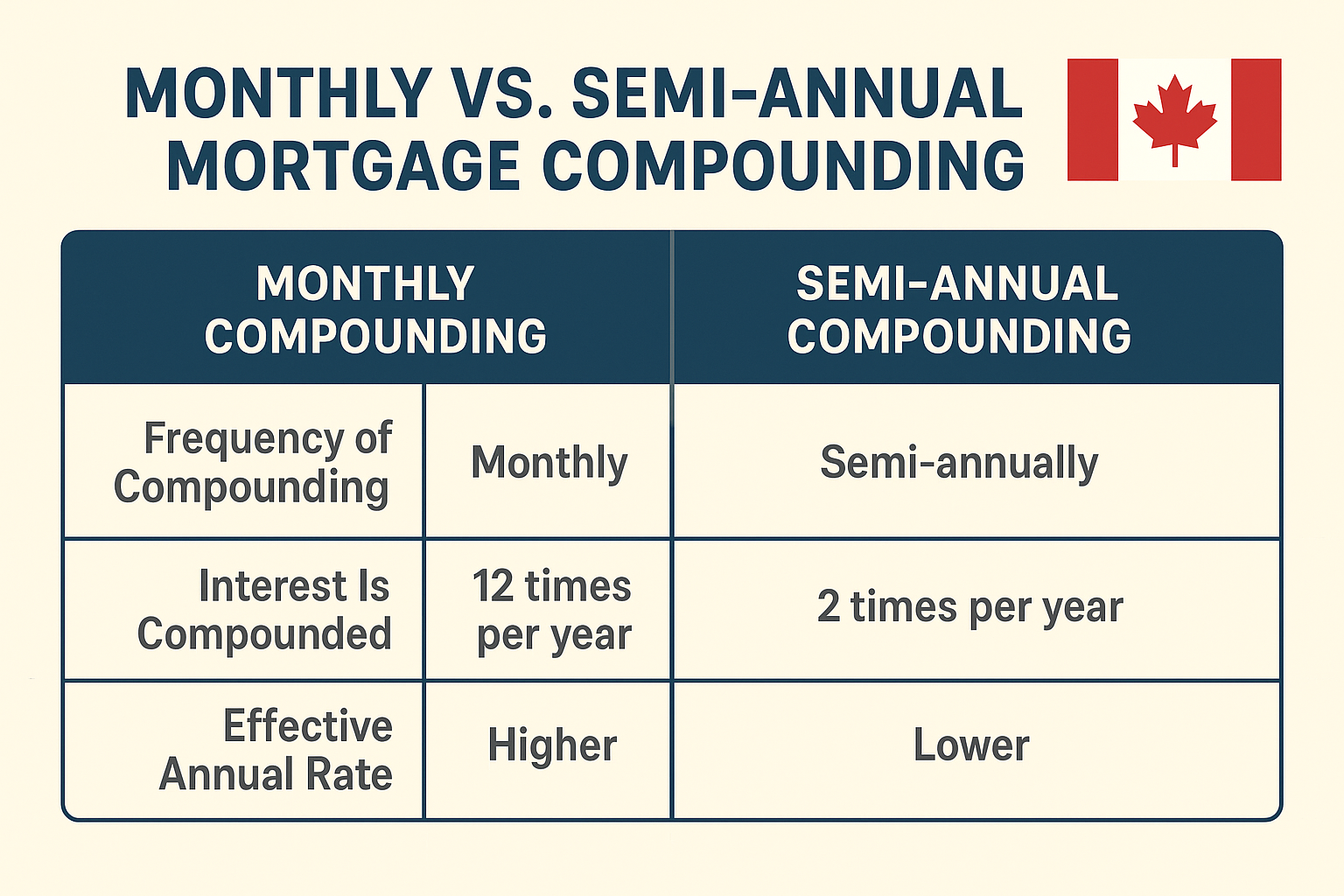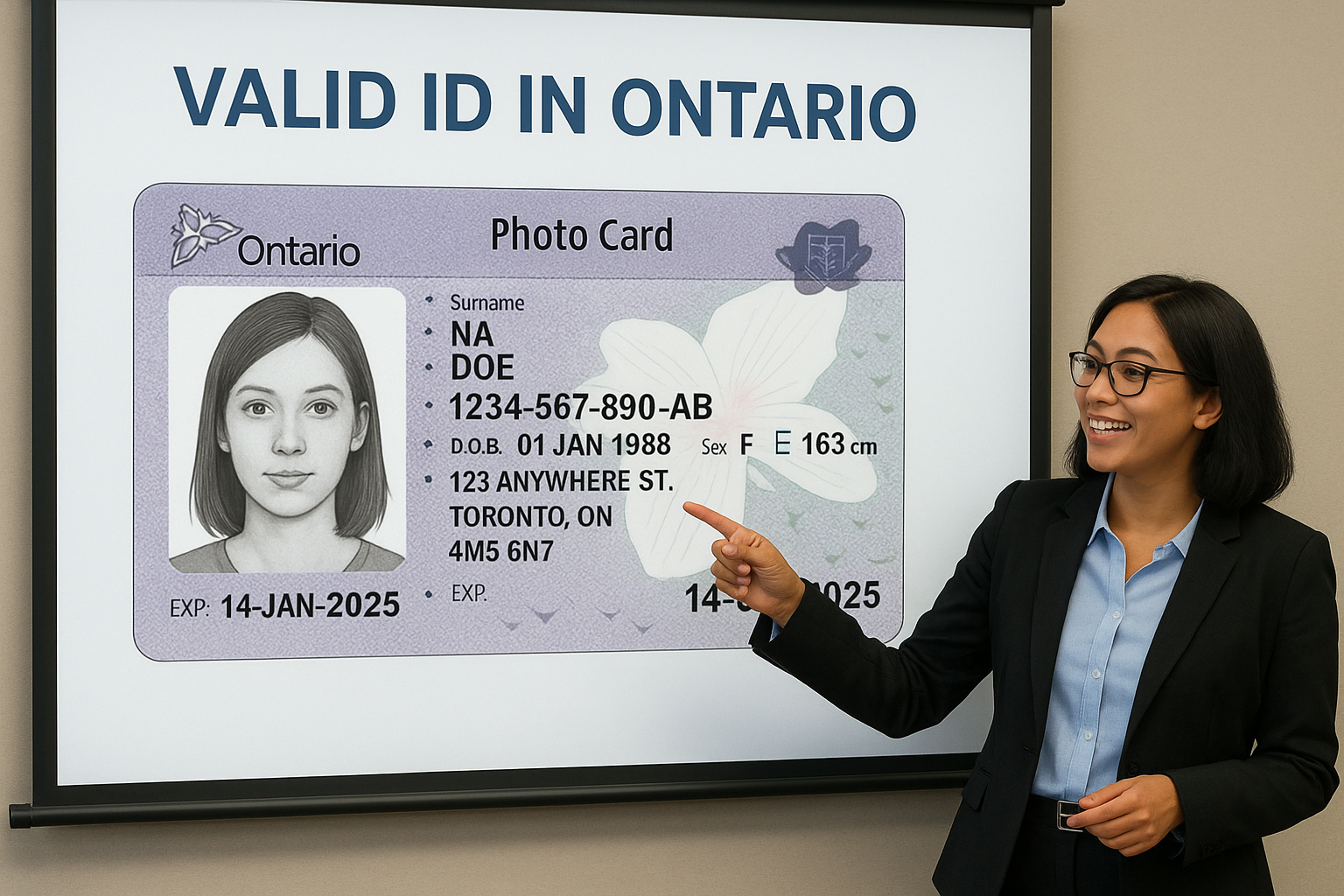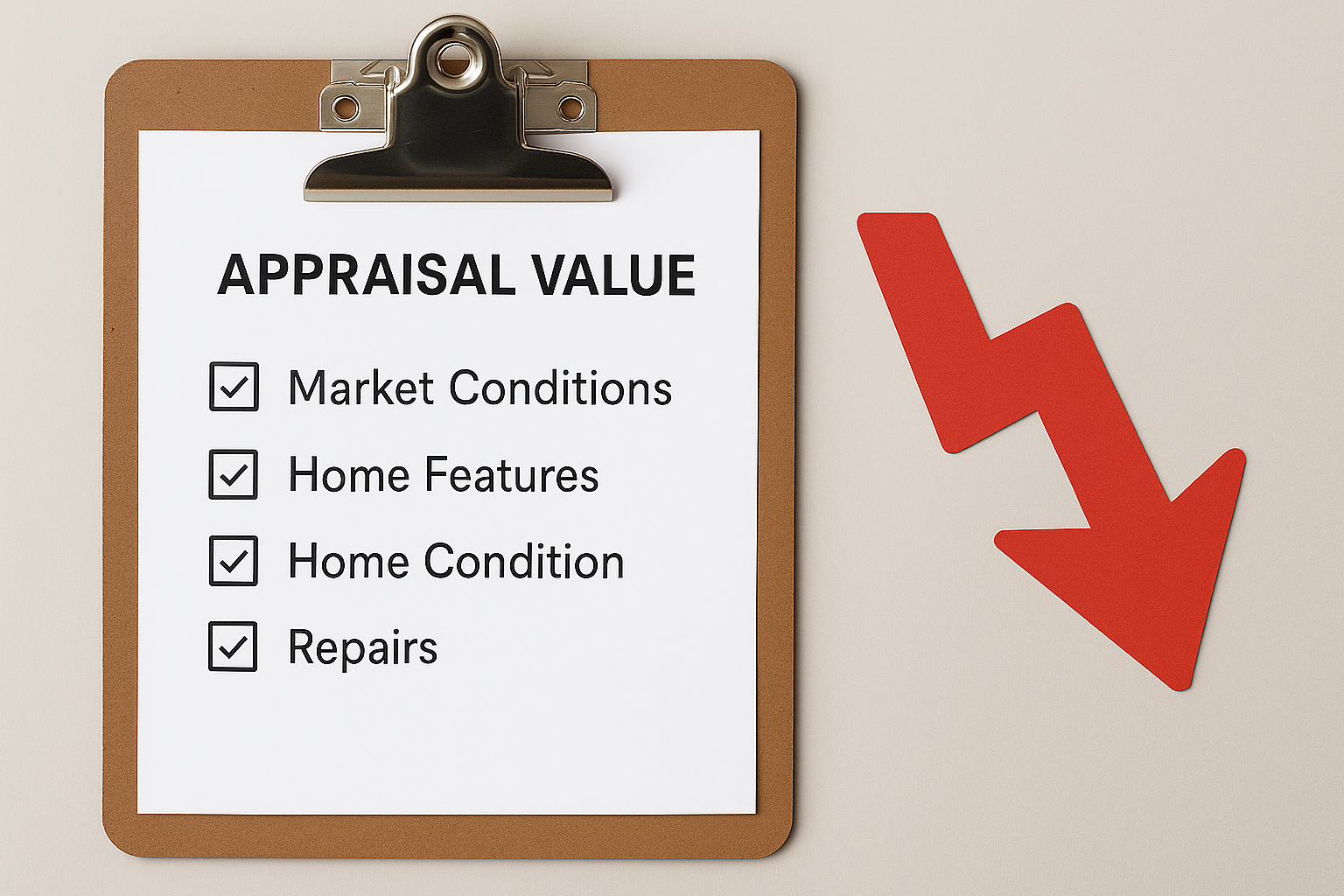Table of Contents
ToggleIntroduction
A home equity loan allows homeowners to borrow against the value of their property. To secure approval, lenders require specific documents to verify identity, income, and property details. Having these documents ready can speed up the process and improve the chances of approval.
1. Proof of Identity
Lenders need to confirm your identity to prevent fraud. The following documents are typically required:
- Government-Issued ID: Driver’s license, passport, or provincial ID.
- Social Insurance Number (SIN): Used for credit verification.
- Secondary ID: A credit card statement, birth certificate, or another government-issued document.
2. Proof of Homeownership
Since the loan is secured against your home, you must provide paperwork proving ownership:
- Property Tax Bill: Confirms legal ownership and ensures taxes are up to date.
- Mortgage Statement: Shows any existing mortgage balance.
- Home Insurance Policy: Confirms the home is insured.
3. Proof of Income
Lenders evaluate income to determine repayment ability.
The required documents (somewhat common) vary by employment type:
- For Employed Individuals:
- Recent pay stubs (last two months)
- T4 slips (last two years)
- Employment letter confirming position and income
- For Self-Employed Individuals:
- Two years of tax returns (T1 General)
- Business financial statements
- Bank statements (last six months)
- For Retirees:
- Pension statements
- Canada Pension Plan (CPP) or Old Age Security (OAS) statements
- Investment income statements (if applicable)
While most lenders require proof of income, home equity loans are primarily based on the available equity in your home and its overall condition. Some lenders may be more flexible regarding income verification if you have substantial equity. It’s important to consult with a mortgage professional to better understand your options and determine which lenders may accommodate your financial situation.
4. Credit Report & Debt Obligations
Your credit report impacts loan approval and interest rates. Most lenders pull reports from Equifax or TransUnion.
Key details include:
- Credit Score: Typically, a score of 620+ is preferred.
- Debt-to-Income Ratio (DTI): Measures total debts against monthly income.
- List of Outstanding Debts: Credit cards, car loans, and other obligations.
5. Property Appraisal
A professional appraisal determines your home’s current market value.
Key points:
- Who Conducts It? A licensed and certified residential or commercial property appraiser.
- Why Is It Required? To assess the loan-to-value (LTV) ratio.
- Cost & Timeline: Typically costs $400-$600 and takes 3-7 days.
6. Loan-to-Value (LTV) and Debt-to-Income (DTI) Ratios
Lenders use these metrics to assess risk:
- Loan-to-Value Ratio (LTV): Determines borrowing limit, usually up to 80% of home value.
- Debt-to-Income Ratio (DTI): Ideally below 40% to qualify for better terms.
7. Title Search & Legal Documents
A title search ensures there are no ownership disputes or legal claims against the property:
- Title Search Report: Confirms if the home is free of liens or judgments.
- Legal Paperwork: May include Power of Attorney (if applicable).
- Spousal Consent Form: Required if the property is jointly owned with a spouse.
FAQs
1. Can I get a home equity loan without proof of income?
- Some lenders offer no-income verification loans but require higher equity or interest rates.
2. What credit score is required for a home equity loan?
- Most lenders prefer 600+, but there are a lot of private lenders that may approve lower scores with more equity.
3. Does my home need to be appraised for a home equity loan?
- Yes, in most cases, to confirm its market value.
4. What if I still have an existing mortgage?
- You can still qualify if your total mortgage debt remains at or below 80% LTV.
5. How long does it take to process a home equity loan application?
- Typically 1-3 weeks, depending on document submission and appraisal timing.
Conclusion
Providing the correct documents for a home equity loan ensures a smooth and quick approval process. If you have questions about eligibility, LendToday can guide you through the process.
Learn About Documents For a Home Equity Loan
- Mortgage Payments Compounded: The Truth About Payments in Canada - July 10, 2025
- Leased Land Mortgages in Ontario: How to Qualify and What to Expect - June 30, 2025
- Hard Money Mortgage Lending in Canada: A Homeowner’s Guide - June 9, 2025






